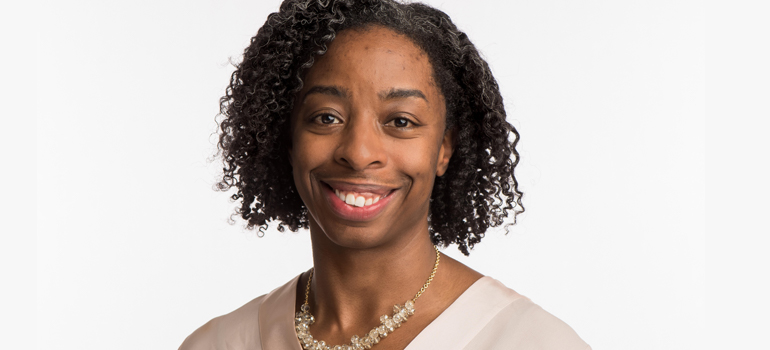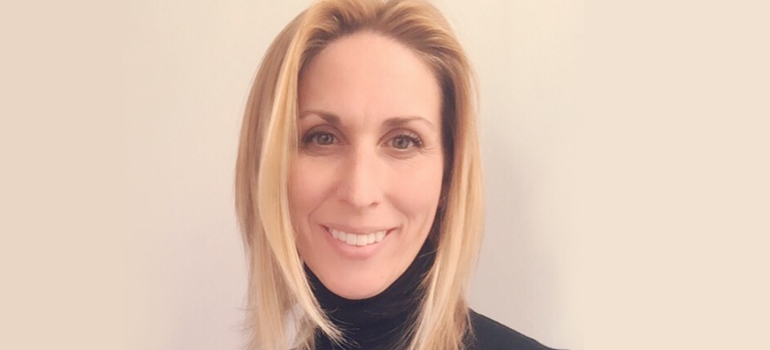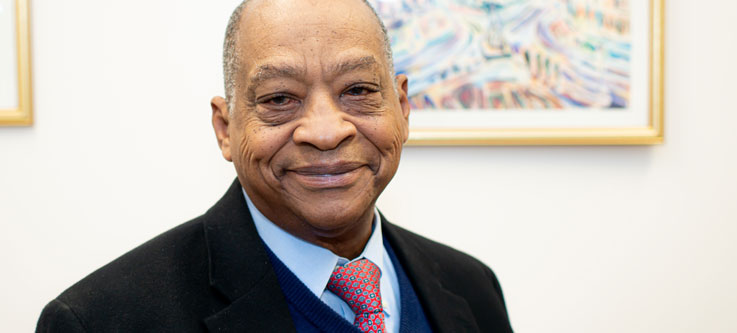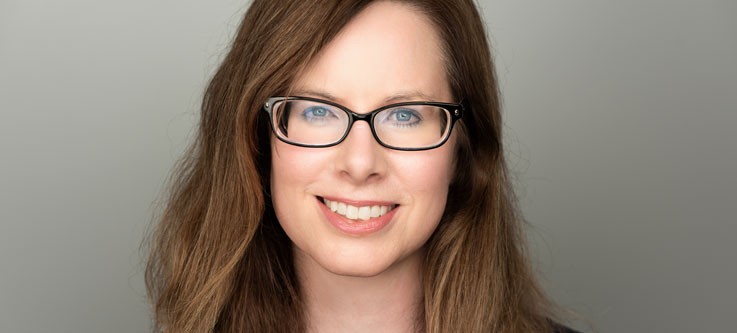Kristin Williams: Engineering community involvement

New Health Care Access Now (HCAN) board member Kristin Williams works in Research and Development (R&D) for the Laundry and Fabric Softeners at Procter & Gamble (P&G). Throughout her 20 years at P&G, she has been based in Cincinnati, “although a lot of [her] programs have been global.”
The same can be said of her past volunteer work: She has engaged on a worldwide scale, giving her time to P&G’s Children’s Safe Drinking Water Program, Matthew 25 Ministries, and Back2Back Ministries, which helps orphans around the world. Recently, P&G nominated her for the YWCA Rising Star Leadership Program because of her passionate dedication to improving women’s health and financial empowerment.
A speed date to find the right fit
“My kids are getting older, and many of the places where I volunteer have evolved or closed, so I thought: How can I continue to do things I am passionate about on a local level?” As an African American, it was important to Williams that she get involved with an organization focused on racial equity. The YWCA Leadership Program set Williams up on a “speed date” of sorts to help her identify a not-for-profit that was a good fit for her.
Already familiar with the work of Talbert House, which became affiliated with HCAN in 2018, she was impressed with the way HCAN works to ensure that pregnant women get access to the health care and services they need. “They help them understand what their options really are.” Passion and commitment mark the HCAN leaders and staff, she says—“for both the community and for doing the work.”
The main reason Williams felt a connection with HCAN was because of the Pathways Community HUB model (HUB). HCAN trains Community Health Workers (CHWs) to use the HUB framework, an evidence-based system that helps identify and eliminate common barriers to clients’ good health outcomes.
Having volunteered at many different organizations, including the North Carolina State Park Scholarship Selection Committee and the P&G Resident Scholar Program, she understands that “part of the barrier to building wealth, or not getting involved with drugs [as examples] is not knowing what resources exist, so [people] never get out of the cycle,” whether that’s poverty or addiction—or poor health.
CHWs go into the community to work one-on-one with clients and connect them with resources. “Improving health care and stabilizing other life factors helps people build financial security.” Williams says that means CHWs’ work creates a progressively more positive cycle for clients. “It allows them to become self-sufficient over time.”
She is grateful for the work that CHWs do: “It’s remarkable. With the scholarships provided for the training program, people are able to help the communities they live in. [CHWs] act as a bridge between social work and access to services. The work is incredible.”
Consumer research and communication
Williams is a chemical engineer who has been recognized for her contributions to the field. She was appointed a Research Fellow at P&G, a title bestowed on only the top two percent of scientists working in R&D. She also was chosen for the National Academy of Engineering, a rarity for chemical engineers working in consumer products.
Although the parallels between scientific research and not-for-profit work might not be immediately apparent, she sees similarities. “I know how to organize information and talk to the community” about the benefits of products. “We determine what the consumer wants by identifying the people we’re serving. We think about how you marry [those being served] with the right product.”
Her aptitude for making those connections can translate into honing HCAN’s messaging, so it can reach more people more effectively. “It’s a similar methodology.” She looks forward to harnessing that ability in combination with her own dedication to helping the community.
Building better lives
P&G’s company slogan is “touching lives, improving life.” Williams says she tries to do that in her day job—“but it feels selfish to get paid to do that; it makes you want to give back.” Because she has “been so fortunate,” she often wonders: “How can I improve someone’s life?”
She believes her work on HCAN’s board can do just that. “The work is so critical,” she says.
Williams says there aren’t many organizations that have the kind of dedication and passion for helping under-resourced community members in the way HCAN does. She’s looking forward to giving her time and knowledge as a board member.





